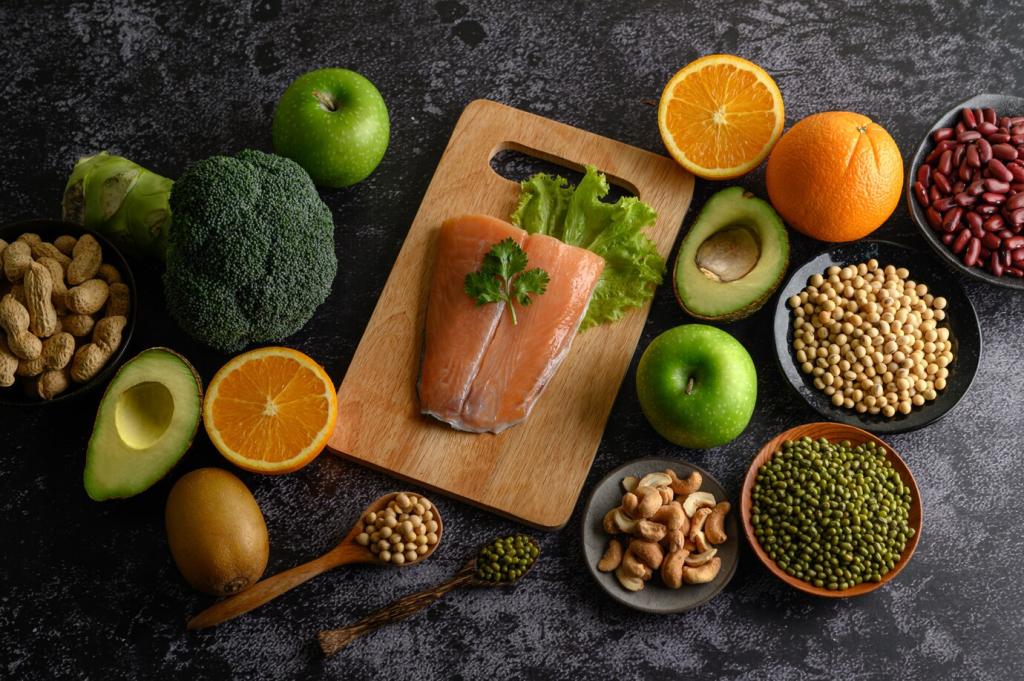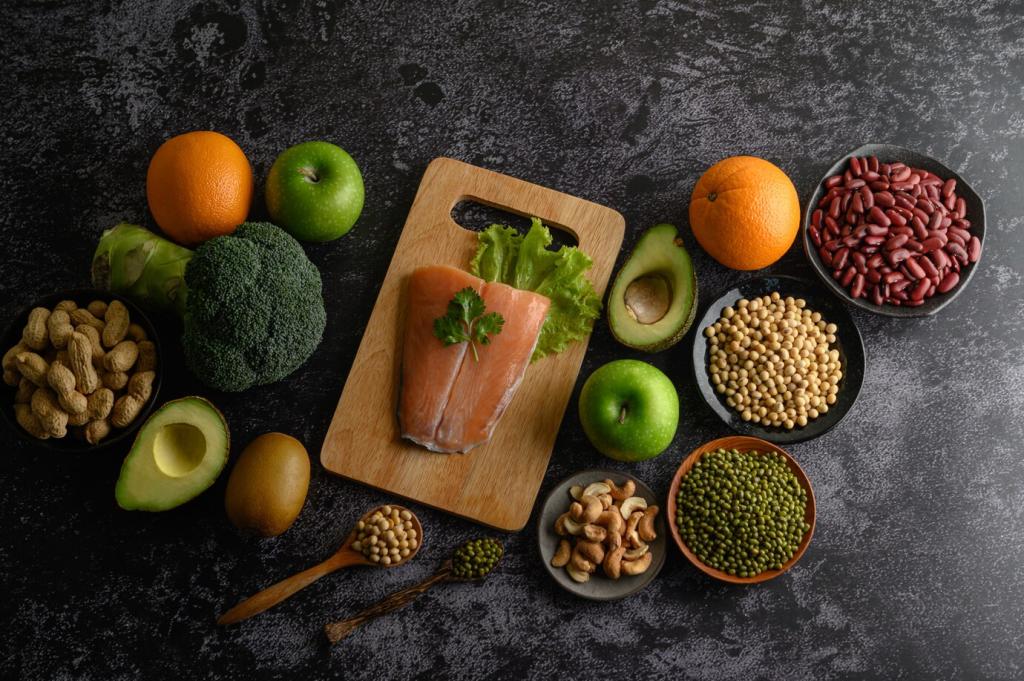Mind, Gut, and Consistency
GI training reduces race-day surprises. Practice your carb targets during long sessions, start modestly, and mix glucose and fructose sources. A marathoner in our group cut cramps by simply rehearsing gels weekly. What tweak stabilized your stomach?
Mind, Gut, and Consistency
Evenings shape tomorrow’s session. A protein-rich snack like Greek yogurt or casein supports overnight repair. Keep late meals simple, reduce heavy spice, and hydrate earlier. What pre-sleep routine helps you wake up ready to perform? Share and subscribe.






